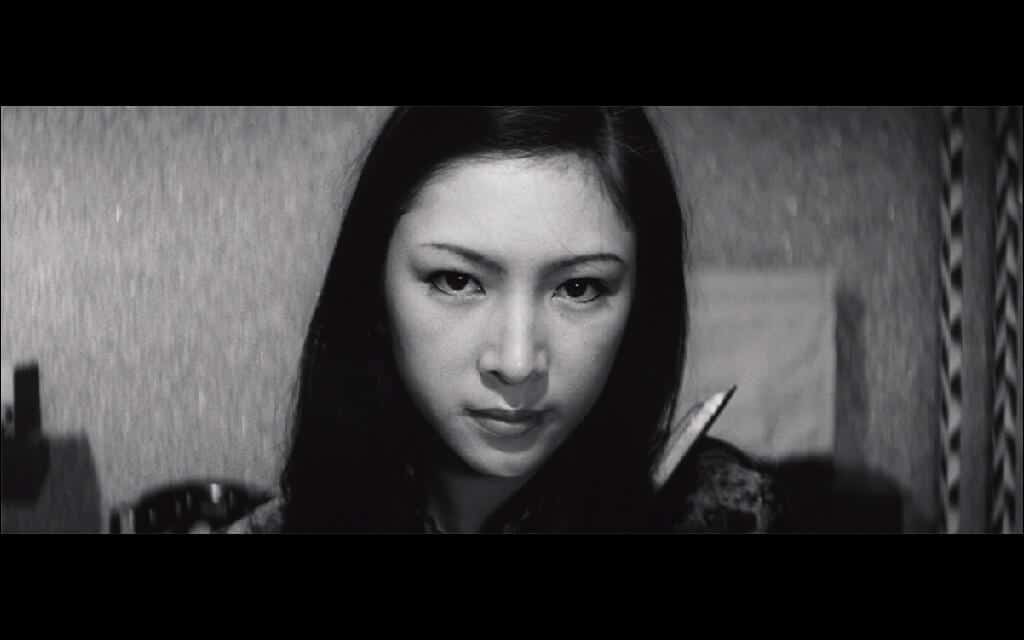The questions regarding the existence of the supernatural, and particularly the if human behavior can actually cause superstition to become reality has been one that has been tormenting people forever, philosophers as much as filmmakers among them. Arsalan Amiri presents his take on the subject in a film that moves in paths that combine horror, crime thriller, and social drama, with the first two though being the most dominant.
“Zalava” is screening on International Film Festival Rotterdam
The story takes place in 1978, in Zalava, a remote Kurdish village whose inhabitants have always considered themselves fighters against demons. As the story begins, and the daughter of one is deemed possessed, the rational young sergeant Massoud, who is in charge of the gendarmerie in the area, decides to confiscate the rifles of all the villagers, in order to avoid having them killing each other by accident. His decision ends in tragedy, while the scorn of the locals even results in an official complaint, which ends up with him having to leave his position. Before he does so, however, he arrests the self-declared exorcist Amardan, who has supposedly imprisoned the demon that possessed the girl in a jar. His actions bring even more tension, while even his men are not exactly rationalists themselves. During the night, Massoud will try to convince everyone that Amardan is a con man, regain their trust, and even connect with Malileh, the state doctor he seems to harbor feelings for.
Arsalan Amiri bases his whole narrative on the questions mentioned above, with the reply regarding the if the movie will turn into a supernatural horror (thus meaning the locals are right) or continue as a social drama regarding the blights of disidemony (thus meaning the sergeant is right) carrying the movie almost to the end. His approach is quite realistic, with the concept of the bottle highlighting the fact, essentially provoking his audience to pose the questions to themselves: “Do you believe in magic? Would you open the bottle?”. This approach is both intriguing and entertaining, while inducing the movie with a sense of agony that also adds to the two aforementioned traits.
The fact that the biggest part of the story unfolds during a night also works quite well here, with Mohammad Rasouli's camera capturing the setting in a way that is ominous and ritualistic, playing with the shadows, which, in combination with the excellent use of sound (the cat and the bottle scene is a testament to the prowess here) results in a series of scenes that will definitely stay on mind. The daytime scenes are also artfully captured, with the buildings in the desert in particular being quite impressive. Emad Khodabaksh's editing is also on a very high level, with his cuts adding to the agonizing atmosphere, while the relatively fast pace, in general, suits the overall aesthetics nicely.
And while the ending makes Amiri's overall comments quite evident, in the most artful fashion, the romantic scenes and the opening up do not work at all, looking as if he was set on including an element of love despite if it fit the narrative at all. The whole concept essentially ends up being out of context, maybe only being justified as increasing the impact the ending events have for Massoud. In terms of cinematography however, the sequence includes some of the best scenes of the whole movie.

Navid Pourfaraj, however, is quite good in the part, with him highlighting both his cockiness and the way he starts doubting himself in the best way.
With the exception of the aforementioned romantic part, “Zalava” is an excellent in all aspects film, a testament to both Amiri's prowess and the level of Iranian cinema overall.


